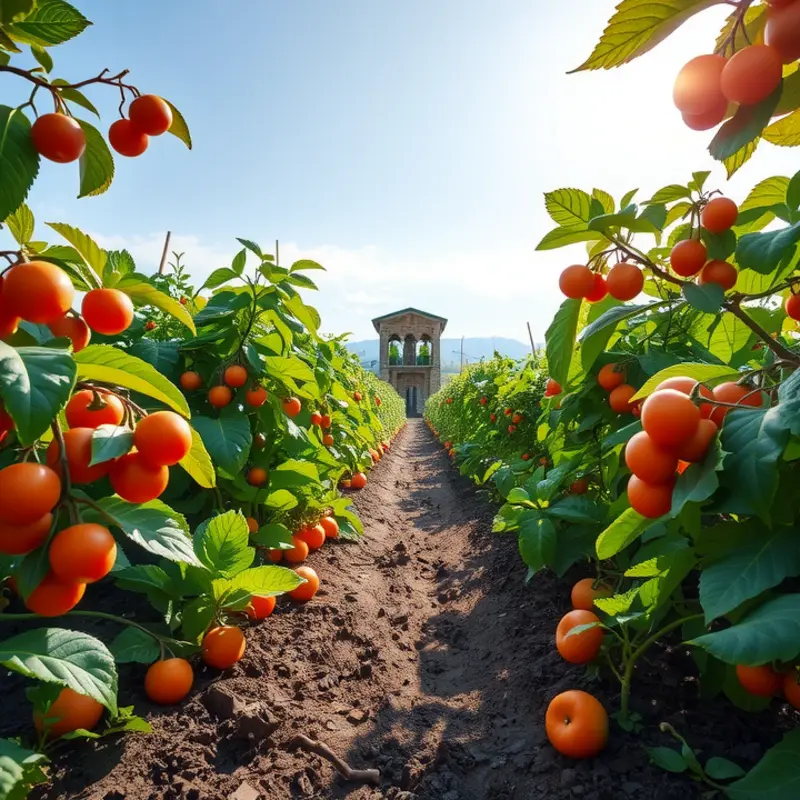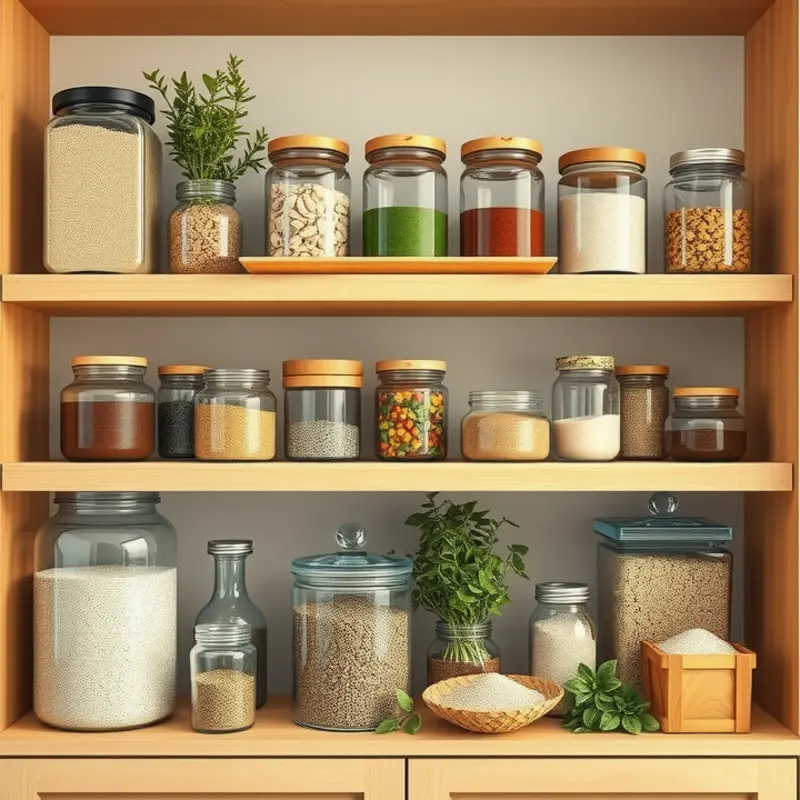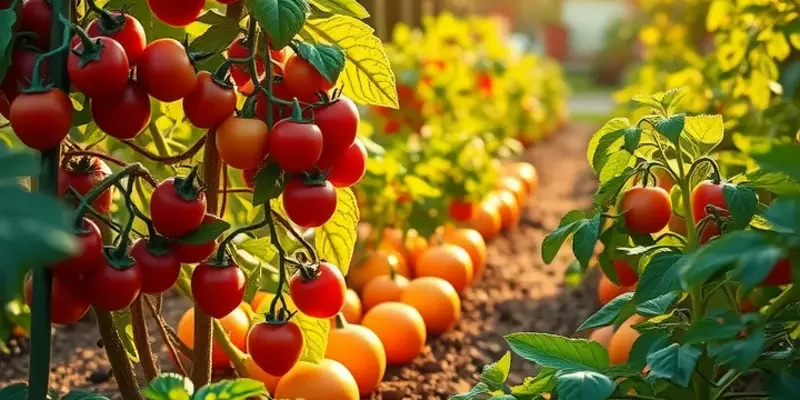Creating an eco-smart kitchen is not only beneficial for our planet but also enhances our cooking experience. By integrating sustainable kitchen storage solutions, we empower ourselves to make environmentally-conscious food choices. Discover how simple changes in storage can lead to significant improvements in reducing waste and promoting a healthier lifestyle.
The Importance of Eco-Friendly Kitchen Storage

Sustainable kitchen storage is pivotal for diminishing waste and fostering a deeper environmental consciousness. Traditional kitchen storage materials, primarily plastic-based, have a substantial negative impact on the environment. Plastic takes centuries to decompose, filling landfills and polluting oceans. Moreover, the manufacturing process of plastic emits greenhouse gases, contributing to climate change.
Choosing eco-friendly storage alternatives can significantly reduce plastic use in the kitchen. Glass containers are one popular alternative. Glass is durable, recyclable, and doesn’t leach chemicals into food, making it a safe and sustainable storage option. Its transparency also allows easy viewing of contents, reducing food wastage by preventing “out of sight, out of mind” scenarios.
Recycled materials provide another sustainable storage solution. Products fashioned from recycled metals or plastics repurpose waste into functional items, reducing the demand for virgin materials and minimizing ecological footprints. Opting for recycled aluminum bins or bottles exemplifies how recycled materials can serve practical purposes while promoting sustainability.
Embracing compostable products in kitchen storage can further enhance eco-friendliness. Compostable bags and wraps made from bio-based materials break down into natural substances, substantially lowering waste. These products return valuable nutrients to the soil when composted correctly, making them more sustainable than conventional plastic bags.
Minimizing kitchen waste through intelligent storage choices integrates seamlessly with reducing food waste. Transparent storage solutions like glass containers can support better inventory management, ensuring ingredients are used before expiration. Exploring strategies for sustainable food transport may provide additional insights on sustainable food handling as discussed here.
The transition to eco-friendly kitchen storage not only minimizes environmental impact but also aligns with broader sustainability goals. By reconsidering the materials we use daily, individuals can make incremental changes that collectively wield significant positive effects on the planet. Each eco-conscious choice in the kitchen brings us closer to reducing our carbon footprints and preserving the earth for future generations.
Practical Solutions for Eco-Conscious Storage

Transforming your kitchen into an eco-friendly haven can begin with the simple task of rethinking storage solutions. By opting for sustainable and reusable materials, you contribute to a healthier planet and potentially improve your own well-being.
Reusable cloth bags are a cornerstone for reducing plastic waste. These bags are excellent for storing produce like fruits and vegetables. They maintain breathability, reducing the risk of mold and prolonging freshness. Unlike plastic, cloth doesn’t leach chemicals into your food, ensuring a healthier option for storage. Moreover, these bags are washable and durable, making them a long-lasting choice which supports the principle of reusability.
Glass jars provide a sustainable alternative for storing a variety of dry goods. Their stackable nature maximizes space and visibility, preventing forgotten leftovers. Additionally, glass is non-reactive, ensuring no chemicals leach into your food. When sealed properly, they keep pests at bay and preserve food quality longer than plastic. Their transparency aids in easy identification of contents without opening each container, facilitating efficient meal preparation.
For a lightweight and biodegradable option, bamboo containers offer a stylish and sustainable solution. Bamboo grows quickly with minimal resources, making it an eco-friendly renewable material. These containers are naturally antibacterial, keeping stored foods hygienic. Metal containers are another excellent alternative, especially for pantry staples. They are recyclable, durable, and can be used for a very long time without degrading.
Organizing ingredients sustainably involves thoughtful placement and storage techniques. Implement a first-in, first-out system to minimize waste. Store items that perish first in more visible and accessible locations to ensure they are used timely. Consider preserving between these methods, such as seeds and grains in your pantry, which can be reviewed through this comprehensive guide on storing nuts and seeds.
Preserving food without plastic is achievable with sustainable wraps and lids made from beeswax or silicone. These wraps mold to surfaces with the warmth of your hands, creating a seal that keeps food fresh. They are reusable and washable, further reducing waste.
Using natural materials for storage brings additional hygiene and freshness benefits. Organic substances have fewer toxic byproducts compared to synthetic materials, minimizing exposure to potential allergens or toxins. This adjustment supports an eco-friendly lifestyle while promoting a potentially healthier home environment.
The long-term benefits of switching to eco-conscious storage extend beyond reduced waste. These changes foster a more mindful approach to consuming and valuing food, diminishing food waste issues through better organization and visibility. Sustainable storage practices not only reduce your carbon footprint but also align with your health goals, ensuring that the food retained is fresh, wholesome, and free from harmful chemicals.
Final words
Implementing eco-smart kitchen storage solutions is an empowering step towards a more sustainable lifestyle. With small adjustments, such as swapping plastic for glass and repurposing materials, we can significantly reduce our ecological footprint. Beyond personal health benefits, these choices reflect a commitment to preserving our planet for future generations. Remember, every conscious decision contributes to a healthier world, making your kitchen a beacon of sustainability. Embrace these eco-friendly practices, and inspire others to follow your lead.








